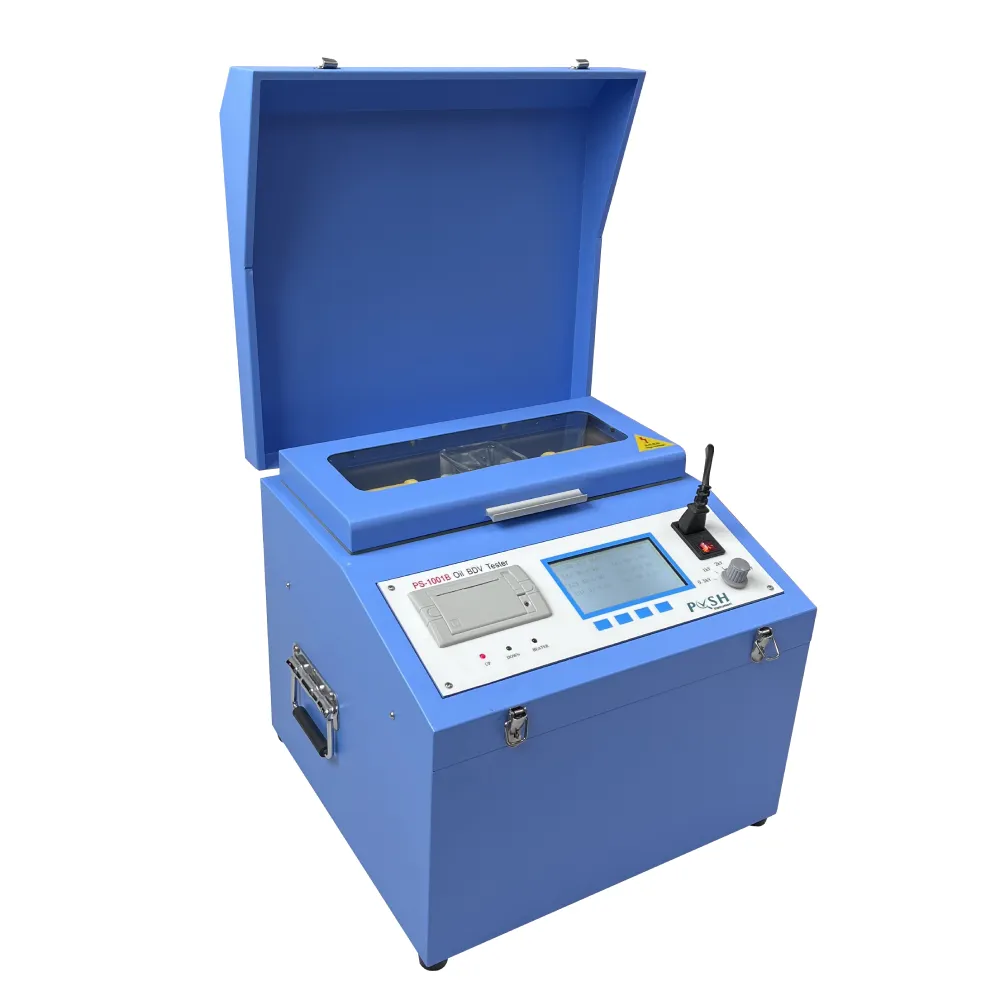 English
English


Understanding Tensiometers and Their Role in Measuring Surface Tension in Fluids
Understanding Tensiometers and Surface Tension
Surface tension is a fundamental property of liquids that describes the elastic-like force existing at the surface of a liquid. It is caused by the attractive forces between the liquid molecules due to cohesion. These forces create a skin on the liquid surface, allowing it to resist external force. For those studying or working in fields such as chemistry, biology, and material science, the measurement of surface tension becomes a crucial aspect, and that’s where tensiometers come into play.
A tensiometer is an instrument specifically designed to measure the surface tension of liquids. There are various types of tensiometers, and they operate on different principles, but all serve the same fundamental purpose to provide accurate measurements of surface tension.
Understanding Tensiometers and Surface Tension
Another popular type is the Wilhelmy plate tensiometer, which employs a thin, vertically oriented plate. As the plate is immersed in the liquid, it interacts with the liquid surface, and the force acting on the plate is measured. The relative size of the plate and the angle of contact with the liquid provide valuable information about the surface tension.
tensiometer surface tension

Accurate measurement of surface tension is vital in various industries. For instance, in pharmaceuticals, understanding the surface tension of liquid medications can influence drug delivery methods and formulations, ensuring that the medication is effectively absorbed in the body. In the food industry, surface tension affects the texture and stability of liquids, influencing emulsification processes and product quality.
Additionally, surface tension plays a significant role in everyday phenomena, from the ability of some insects to walk on water to the behavior of droplets on a waxed surface. Understanding these concepts can also further scientific research, such as studying the behavior of aerosols in atmospheric chemistry or the interaction between different liquid substances in engineering applications.
In environmental science, the concept of surface tension also extends to studying the behavior of pollutants in water bodies. Surfactants, which lower the surface tension of water, can help in oil spill management by allowing oil to disperse more readily, making it easier to clean up. Understanding the surfactant's properties, including its influence on surface tension, helps develop effective remediation strategies.
The importance of accurate surface tension measurement provides a significant reason for scientists and industrial professionals to find reliable tensiometers. With advancements in technology, modern tensiometers have been developed to provide faster, more accurate results, integrating digital interfaces and automation to enhance user-friendliness and efficiency.
In conclusion, tensiometers are essential tools that help measure surface tension, a property with profound implications across a variety of scientific and practical applications. Whether through a Du Noüy ring, a Wilhelmy plate, or advanced automated systems, the measurement of surface tension allows us to understand and manipulate the behavior of liquids, leading to improved products and innovative solutions in numerous fields. As research progresses, developments in tensiometer technology will continue to refine our understanding of surface tension and its myriad applications in science and industry.
-
Differences between open cup flash point tester and closed cup flash point testerNewsOct.31,2024
-
The Reliable Load Tap ChangerNewsOct.23,2024
-
The Essential Guide to Hipot TestersNewsOct.23,2024
-
The Digital Insulation TesterNewsOct.23,2024
-
The Best Earth Loop Impedance Tester for SaleNewsOct.23,2024
-
Tan Delta Tester--The Essential Tool for Electrical Insulation TestingNewsOct.23,2024





